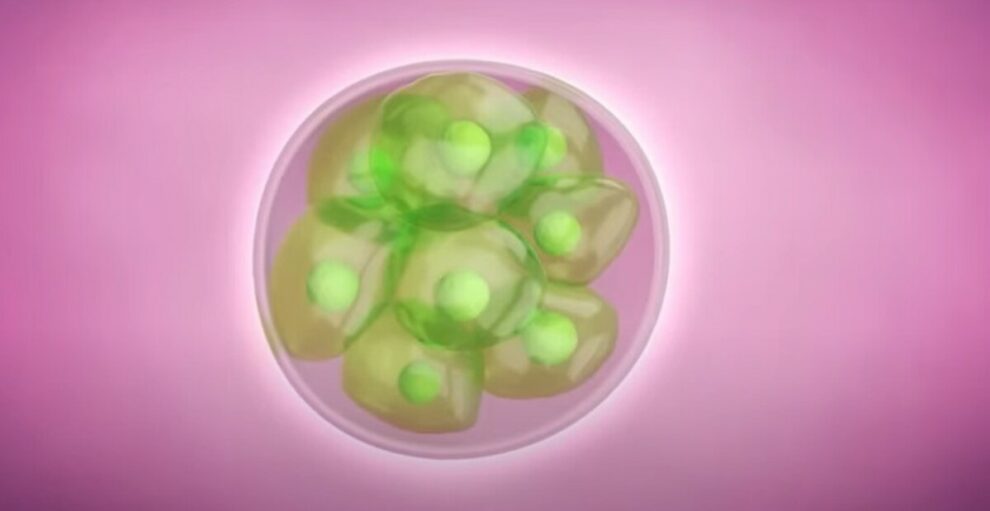Researchers at the Weizmann Institute have successfully developed a structure resembling an early human embryo, all without the use of sperm, eggs, or a womb, BBC reported. The breakthrough was published in the journal Nature.
Weizmann Institute scientists grow human embryo model using stem cells, without sperm or eggs
This remarkable “embryo model” was created using stem cells and mimics all the important structures that emerge during the early stages of embryo development. Impressively, this model even produced hormones that led to a positive result on a pregnancy test in a laboratory setting.
The ultimate goal behind these embryo models is to offer an ethical approach to gaining insights into the earliest stages of human life.
“It’s a black box and that’s not a cliche – our knowledge is very limited,” Prof Jacob Hanna, from the Weizmann Institute of Science, told BBC.
Although it might be technically feasible to cultivate organs using embryo models, Dr. Nicholas Rivron at the Institute of Molecular Biotechnology at the Austrian Academy of Sciences, highlights that this may not be the best or ethically sound approach.
Instead, he suggests focusing on organoids, which are models of organ tissues derived from stem cells, according to Medical News Today. Organoids can help scientists explore how cells behave and even potentially contribute to the development of organs.
Interestingly, around the same time as the latest article on embryo models, another paper was published in Science detailing how researchers at Harvard University bioengineered structures resembling the human heart.
A synthetic embryo could lead to infertility treatments, according to researchers
“Our mouse embryo model not only develops a brain, but also a beating heart, all the components that go on to make up the body,” lead researcher Magdalena Zernicka-Goetz, professor of mammalian development and stem cell biology at the University of Cambridge in the UK told CNN.
“It’s just unbelievable that we’ve got this far. This has been the dream of our community for years, and a major focus of our work for a decade, and finally we’ve done it.”
The researchers aim to shift from working with mouse embryos to creating models of natural human pregnancies. According to Zernicka-Goetz, many human pregnancies don’t progress beyond the early stages, and the team hopes their work can shed light on this issue.
By observing embryos in a lab setting rather than in the womb, scientists gain valuable insights into the development process, helping them understand why some pregnancies fail and how to prevent such issues.
At the moment, the researchers have only managed to track around eight days of development in the synthetic mouse embryos, according to CNN. However, the process is continually improving, and they are already gaining valuable knowledge from their experiments, explained Gianluca Amadei, a postdoctoral researcher at the University of Cambridge and one of the study’s authors.
